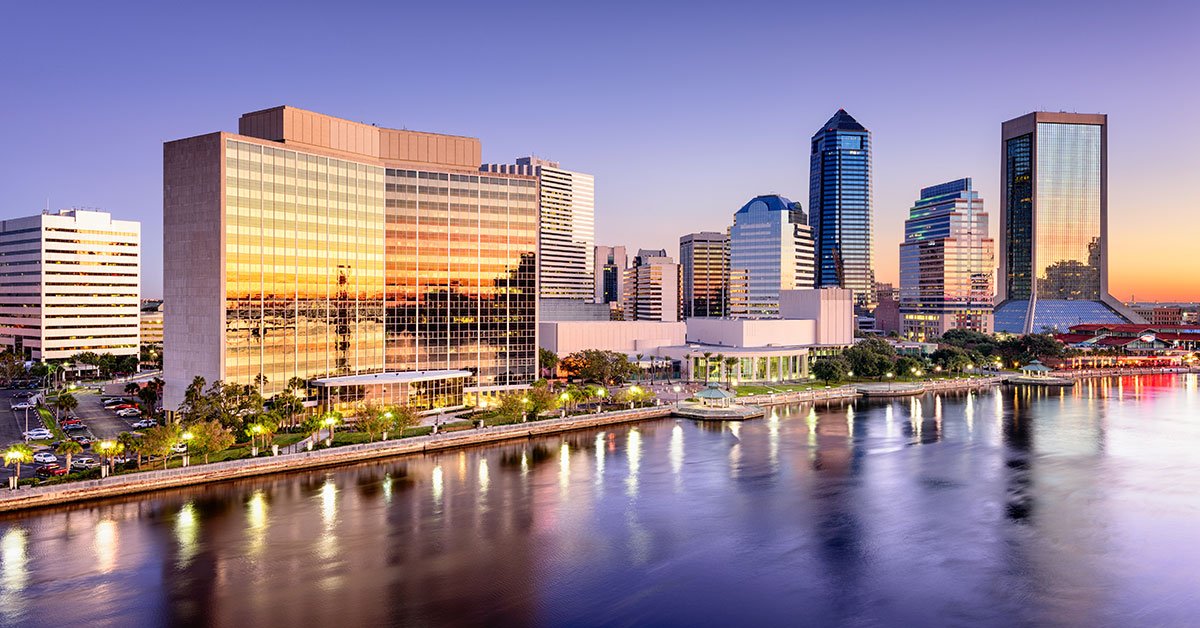
Guide to Commercial Real Estate Loans
As a business owner, you’re constantly juggling different considerations for advancing the future of your business. It might be in the back of your mind that one day you’d like to own property for your business instead of rent, or maybe you’re ready to take the leap but don’t know where to start. In this guide, we’re going to take a deep dive into getting a commercial real estate loan, also known as a (CRE) or business mortgage.
Because commercial real estate loans differ in many ways from home loans, there’s a lot to keep in mind. But don’t worry, we’ve broken down the information into this easy-to-read guide, so you can get a solid foundation of knowledge before moving forward. First, let’s look at how a commercial real estate loan differs from a home mortgage.
How Commercial Real Estate Loans Differ From Home Loans
Buying a home and buying a commercial property or piece of land are two very different experiences. While both hold the same foundation of borrowing money from a lender, commercial real estate loans and home loans are structured and processed differently.
Most of these differences are simply the result of the fact that individuals qualify for home loans, whereas businesses and business owners need to meet certain qualifications to get a commercial real estate loan. Commercial real estate loan also serve a special purpose for businesses, allowing business owners to finance their business location and preserve working capital.
- Commercial Real Estate Loans Are Usually Portfolio Loans - Most home mortgage loans are issued by a lender, backed by the Federal Government or an agency, and then sold to another lender to service the loan, but commercial real estate loans usually stay with the lender who issues them, which is called a portfolio loan.
- They Often Have Shorter Terms – One major difference to know about commercial mortgages is that they usually have much shorter terms than traditional home loans. The ‘why’ behind this is complex, but can be boiled down to varying interest rates; risks associated with the type of collateral necessary because these loans don’t have federal backing; how lenders make money; and the greater risk associated with commercial real estate loans.
- Each Commercial Real Estate Loan is Different - While there are a few different types of home loans, the basics and foundations are usually the same. However, just like commercial properties are widely different, so are their loans. The commercial real estate loan process is tailored to each individual business, the type of business and their capacity to repay the debt.
How to Qualify for a Commercial Real Estate Loan

When you apply for a home loan, your personal finances are considered to determine how much a lender is willing to loan to you, what type of loan you’ll qualify for, and what the terms of the mortgage will be.
However, qualifying for a commercial real estate loan follows a different process because not only will the lender need to take your personal finances into account, but they’ll also need to consider the financial status and potential of your business. Among other considerations, here are what lenders are looking for when someone applies for a commercial real estate loan.
- Your Business Must Generate Income – Lenders take a risk when they offer loans, which is why your finances are an important consideration. But because of the nature of businesses, the finances are riskier than those of an individual. Because of this, in order to qualify for a commercial real estate loan, you’ll need to prove that your investment in the property will generate income for your business.
- Prepare for a Large Down Payment – Because commercial real estate loans come with more risk for the lender, they will look to reduce what’s called the loan-to-value (LTV) ratio. Lenders want this number to be lower, as it indicates less risk. The closer the loan value is to the value of the property, the higher the LTV, and the higher the risk. This is why commercial real estate loans require a larger down payment, typically 20%-30% of the price of the property.
- You Need to Have an Established, Successful Business – Once again, because of risk, a lender will not just want to see that you are in a good financial status, but that your business is established and successful. Lenders will require proof of this success before considering giving your business a commercial real estate loan.
- You Need to Be Financially Fit - Not only will your business need to be successful, but you’ll also need to prove that you are financially fit, meaning you have a good credit score, have a solid source of income, and have a low debt to income ratio.
Types of Commercial Real Estate Loans

A large corporation looking to purchase a multi-story building has very different needs than a small business owner looking to purchase a brick and mortar boutique storefront. Because the needs of business owners vary so much, there are many types of commercial loans that you can apply for depending on your specific situation. Here is a look at the most common:
- Traditional Commercial Real Estate Loan - Similar to a home loan, for this type of commercial real estate loan, you’ll need a down payment; established business and income; and excellent credit to qualify. The structure is like a traditional home mortgage.
- SBA 7(a) Loan - Backed by the U.S. Small Business Administration, these loans are for newer, as well as, established business owners looking for a long-term, owner-occupied property up to $5,000,000. These loans are more expensive, but allow for a lower down payment and more risk to the lender since they receive a backing from the government similar to a home loan.
- CDC/SBA 504 Loan – This type of loan is like the SBA 7(a) except it is designed for the purchase of fixed assets, such as the building of a manufacturing facility that also needs equipment purchased, or any owner-occupied building. Typically, this type of loan requires 10-15% down from the borrower, and the lender provides a first mortgage for 50% of the loan, while the SBA provides a loan for the remaining portion.
- Commercial Bridge Loan – Many times, a business owner needs a short-term solution while they look for a more permanent structure to occupy. This type of loan is designed for that situation.
- Commercial Hard Money Loan – Even business owners with less than excellent credit still have a chance to qualify for a commercial real estate loan with this type of loan. It comes with higher interest rates and shorter terms, so it should be a last resort loan.









